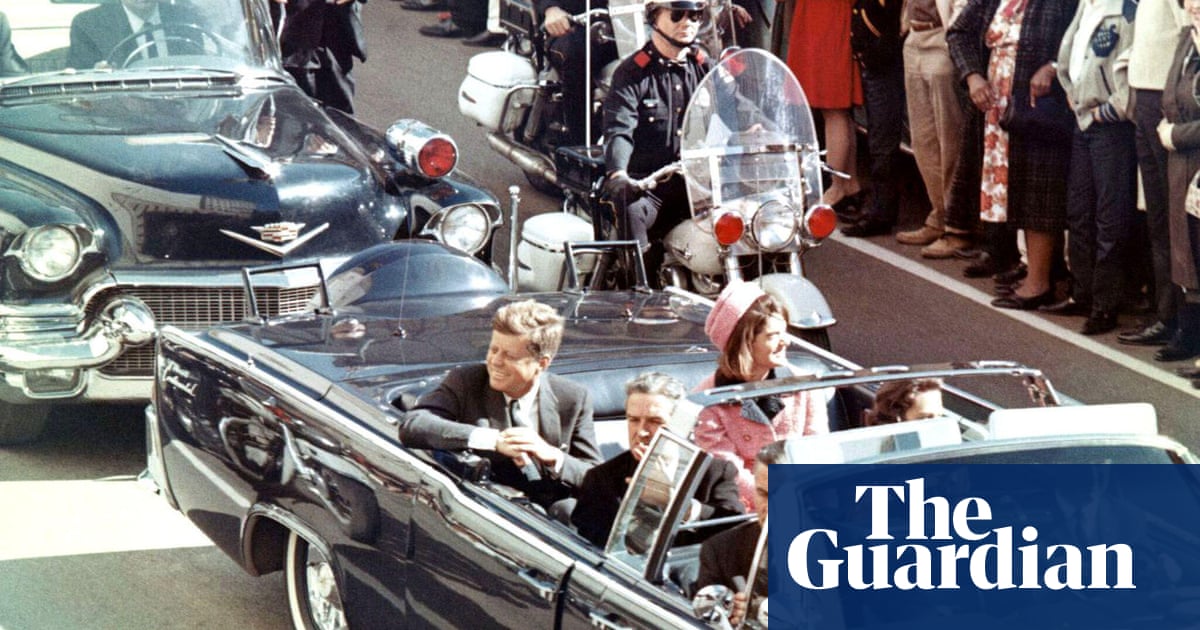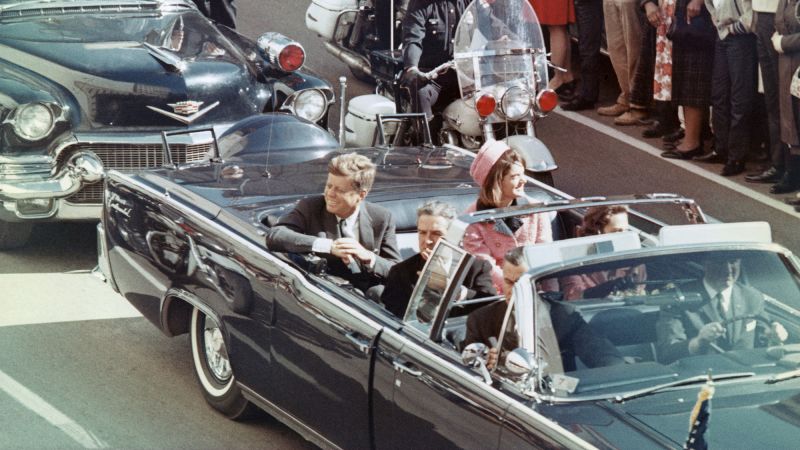The recent unveiling of 2,400 new records by the FBI has rekindled interest in the long-debated assassination of President John F. Kennedy. This development came in response to an executive order issued by former President Donald Trump, which compelled federal agencies to disclose more documents pertaining to the JFK, Robert F. Kennedy, and Martin Luther King Jr. assassinations.
Following Trump's directive last month, the FBI conducted a thorough search resulting in the identification and digitization of these previously overlooked records. The agency's ongoing efforts to streamline its record-keeping processes have significantly enhanced its ability to sift through vast archives quickly. This recent discovery underscores the FBI's commitment to transparency and historical truth.
The National Archives and Records Administration will play a crucial role in the declassification process for these newfound records. While the FBI has not disclosed the specific contents of the documents, experts speculate that they may shed new light on key aspects of the JFK assassination and its aftermath.
The release of these records is part of a broader push towards openness surrounding one of the most pivotal events in American history. Efforts to uncover the truth behind JFK's assassination have persisted for decades, fueled in part by lingering conspiracy theories. Trump's promise during his 2024 campaign to disclose all related documents has added fervor to the ongoing discussion.
Former President Trump's initiative led to the release of over 2,800 records in his first term, with subsequent efforts under the Biden administration resulting in the review and release of classified material. However, some files remain shielded from public view due to concerns regarding national security and other sensitive issues.
The grim events of November 22, 1963, continue to captivate the public imagination. Kennedy's assassination in Dallas, Texas, sparked a national trauma and led to profound changes in American society. The capture and subsequent killing of Lee Harvey Oswald, the alleged assassin, further fueled speculation and discord regarding the true nature of the crime.
While official investigations, such as the Warren Commission, concluded that Oswald acted alone, many questions persist, contributing to a narrative of mistrust and intrigue. The release of new records offers a unique opportunity to delve deeper into the complexities of this watershed moment in American history.
Historians, journalists, and conspiracy theorists alike eagerly await the examination of these latest records, hoping to uncover fresh insights into one of the most enduring mysteries of the modern era. As these documents are scrutinized and analyzed, the public stands on the cusp of potentially transformative revelations that could reshape our understanding of a pivotal event in American history.


